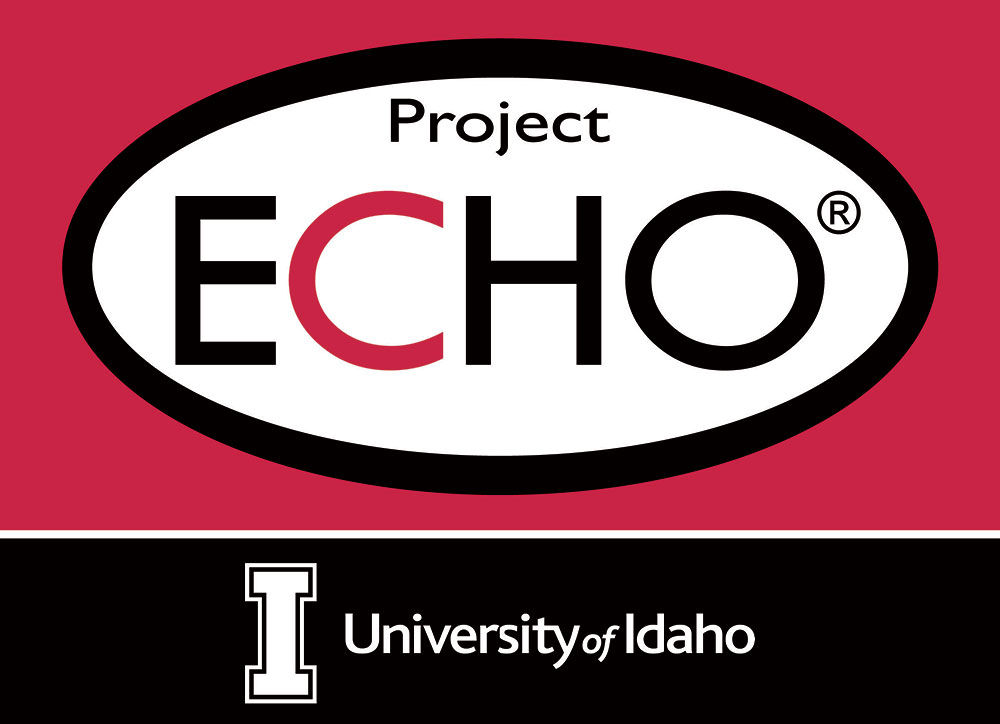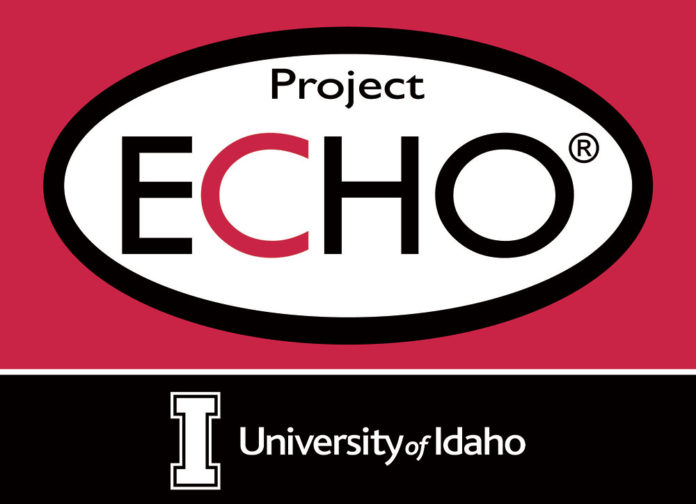Medical professionals in Moscow, Idaho, along with Boise and rural communities, are being connected through a project focused on opioid addiction treatment education.
The Project Extension for Community Healthcare Outcomes Idaho (ECHO) is offered through the University of Idaho’s (UI) medical educational program.
Project ECHO Idaho was successfully launched in March. Its model is based on the one developed by the University of New Mexico’s ECHO Institute. Additional assistance is provided by the Idaho Department of Health and Welfare and a Statewide Healthcare Innovation Plan (SHIP) grant.
While UI and state agencies are attempting to address the shortage of local healthcare providers, Project ECHO provides an education outlet for licensed providers to become informed on specialized care topics.
“We launched initially with the topic area of opioid addiction and treatment because we knew that was an issue in our state,” said ECHO Idaho Program Manager Lachelle Smith.
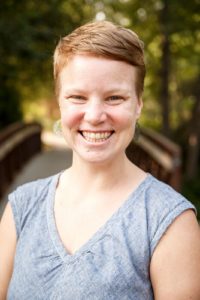
According to the National Institute on Drug Abuse, 119 opioid-related overdose deaths occurred in Idaho in 2016.
ECHO utilizes a hub-and-spoke model. The university’s Boise campus acts as a central academic hub in which medical experts can connect with multiple providers (spokes) across the state. Medical professionals use video conferencing to connect with other providers. In order to accommodate multiple schedules, the hour-long sessions are offered Thursdays on a bi-weekly basis.
“The ECHO model works well especially in a rural frontier state like Idaho,” Smith said. “Practitioners — especially those in the rural communities — aren’t able to leave their clinics for a long time to get to the urban center or even out of state for training. So this is a very low-barrier way for someone to join over the lunch hour and not take time away from patients.”

ECHO’s clinic seminars are open to different levels of clinicians, including nurse practitioners, pharmacists, physician assistants. As an incentive, participants earn one continuing medical education credit per session.
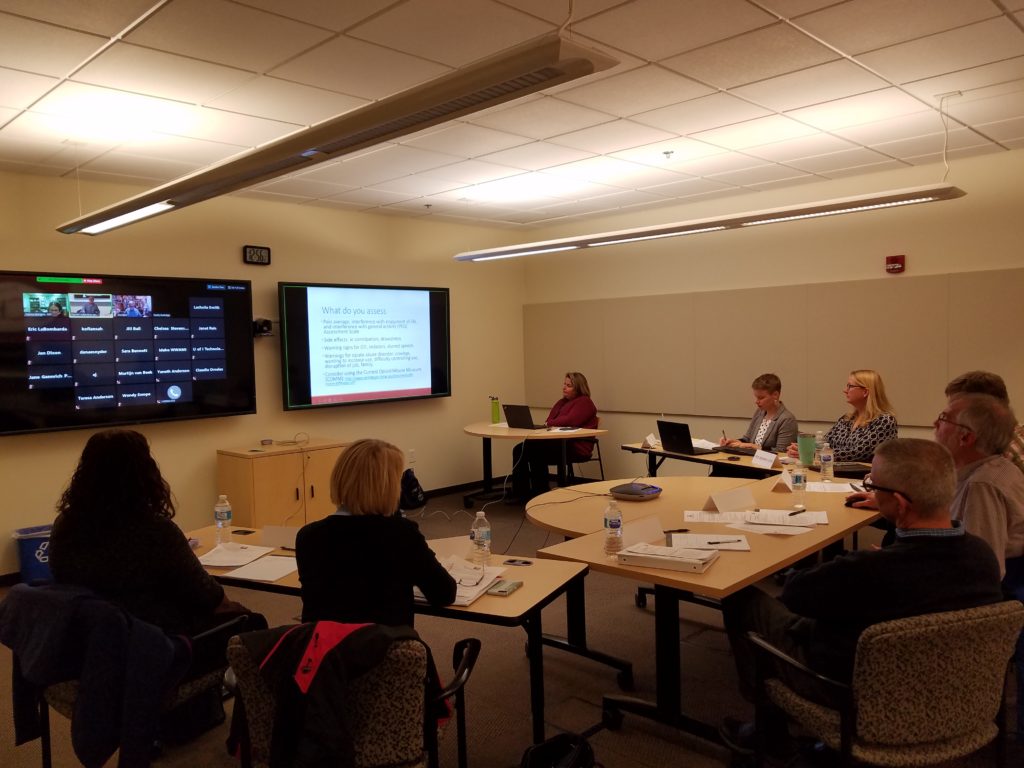
TeleECHO clinic sessions are broken down into two sections. The first half consists of a specific lecture topic. The second half is devoted to clinicians discussing anonymous patients’ cases and receiving feedback from other participants. In many instances, the interdisciplinary makeup of members of the expert panel and participating clinicians lead to improved opioid addiction treatment recommendations for patients with substance use disorders who may also have co-occurring medical conditions.
During the last teleECHO session from UI’s Boise location, Dr. Coire Weathers, a psychiatrist at Sage Health Care, gave an overview of addiction treatment. In addition to elucidating on the different levels of treatment options, he presented available statewide resources and medications.
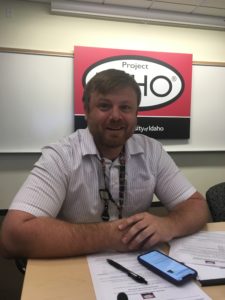
“The cool thing about ECHO is that it’s bi-directional,” Smith said. “The heart of the model is everyone’s teaching and everyone’s learning. So, even though Dr. Weathers led the presentation, there were lots of feedback, questions and comments from others on the panel in addition to providers who were joining remotely.”
Smith noted how enthusiastic participants have been toward the ECHO. Even though the teleclinics began in March, new providers are constantly registering and participating in remaining sessions.
“It’s been really fun to see everyone’s excitement about it,” she said. “The panelists love it. They say it’s the favorite part of their week.”
She added that she believes participants “feel heartened that they are not the only ones dealing with these issues. I think there’s a lot of support in that way.”
Smith and other UI program staff are spreading awareness through medical newsletters, interactions and conference presentations as a means to raise additional funding.
ECHO Idaho plans to include a program focused on behavioral health and primary care. Smith hopes that additional services focused on autism, Hepatitis-C and other infectious diseases can be implemented in the near future.
“There are a lot of opportunities to have ECHO improve health care outcomes in the state,” said Smith.
